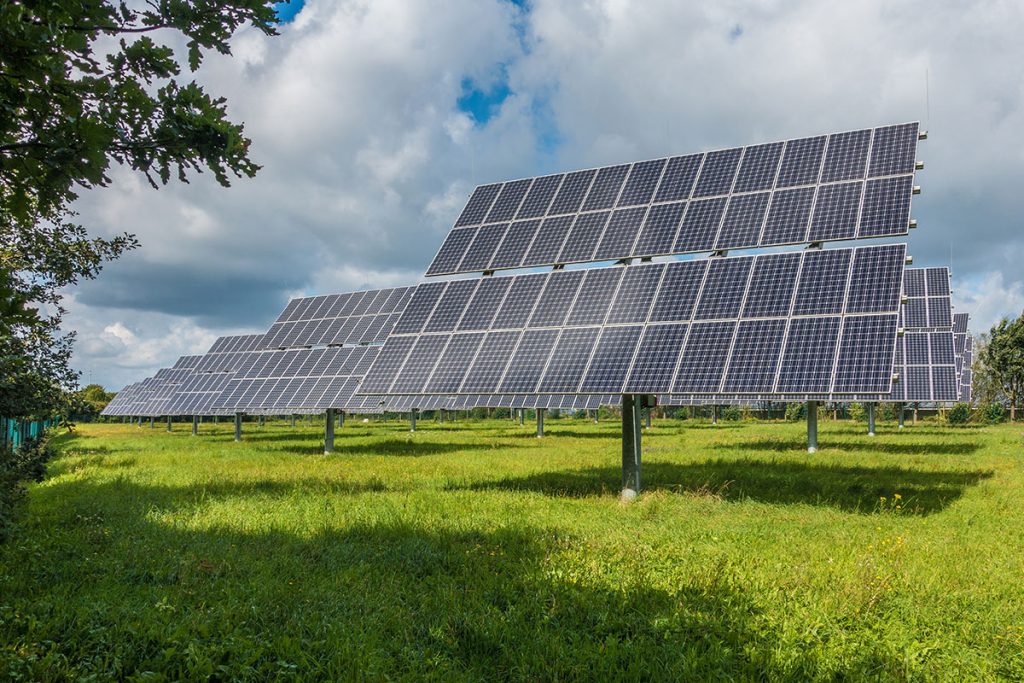SOLAR ENERGY AND THE ENVIRONMENT

The sun is a free, almost inexhaustible source of energy that is available to us on an unlimited scale and without adverse climatic impacts. The sun radiates from 960 billion kilowatt-hours a day to the earth's surface. This amount of energy could theoretically meet the world's energy needs in 180 years. Solar energy plays a big role in nature conservation.
Advantages of using solar thermal energy:
-Unlimited supply of solar energy
-Solar energy is free
-No harmful CO2 emissions
-Can be integrated into existing installation systems – Rimpact of rising energy prices
With the solar system, you can save up to 70 percent of your energy costs for heating hot water. Systems that combine both solar and space heating can save about 20 to 35 percent of their energy needs annually. Solar collectors will convert solar energy into heat. Commercially available flat plate collectors will convert up to 95 percent of solar radiation into energy. In tube vacuum manifolds, the integrated mirror concentrates sunlight on the absorber. Therefore, pipe collectors achieve greater efficiency and even produce heat during cloudy days. Using solar energy has benefits for both humans and the environment, we need to be more educated on how to use this energy and understand its benefits for the entire ecosystem!



